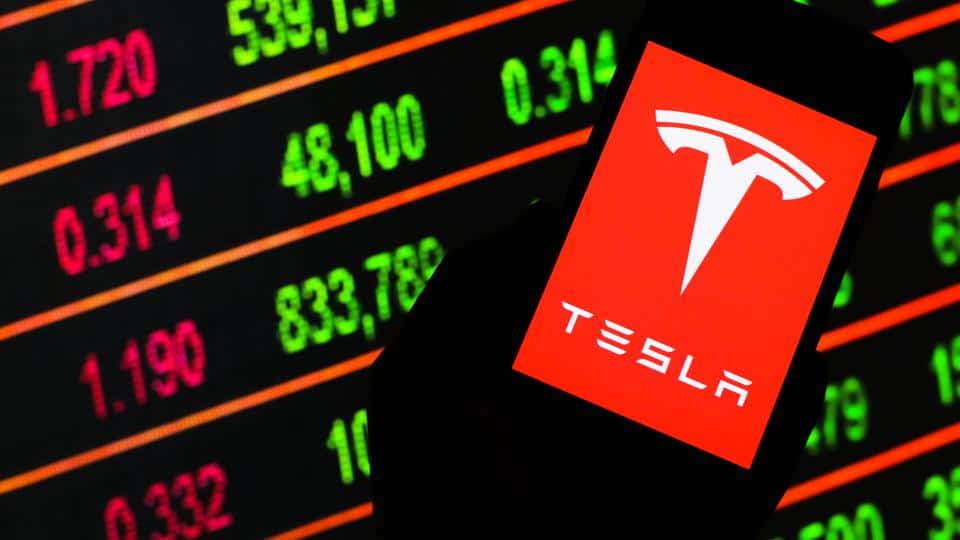
Today, however, Tesla stock took a positive turn, climbing 4,7%, thanks to positive investor reaction to the news that the company is delaying the delivery of longer-range electric vehicles in the United States.
Why?
Reuters reports that due to problems in the automotive component supply chain, Tesla has been forced to delay deliveries of some long-range models of its electric vehicles to the United States.
According to the news agency, new orders for long-range versions of the Tesla Model Y electric crossover will arrive no earlier than December, and possibly not until March 2023. Orders for long-range Model X electric SUVs, placed today, they will not arrive before February 2023 (and possibly until May).
Only with the Model 3 things seem to be going a little better. Long-range versions of the Tesla electric sedan, ordered today, will arrive at least before the end of this year, between September and December.
What will happen now?
What does this mean for Tesla and its investors? I see two possibilities, which are not mutually exclusive. First, the delays mean dissatisfied customers, and customers dissatisfied with having to wait for a new Tesla may decide to buy an electric car from Volkswagen, General Motors, Kia or Hyundai. If so, the supply chain problem could cost Tesla a profit and further threaten the goal of delivering 1,5 million electric vehicles this year.
The upside, though, is that: In recent years, "long range" has become something of the default and low-priced option for most Tesla electric vehicles, while premium-priced models are labeled " performance "or even" plaid ".
By delaying deliveries of “long-range” models, then, Tesla appears to favor the production, sale and delivery of its more expensive and higher-margin products, a pattern we have seen in the past at Tesla as well.
This means that even if sales and delivery numbers take a hit, Tesla appears to be doing everything it can to preserve its bottom line until supply chain problems are resolved and Tesla can revert to mode. mass production. For Tesla investors, I think this is probably good - and a reason why Tesla shares go up, not go down. What do you think of it? Have you already invested in Tesla stock? Let us know in the comments below!
